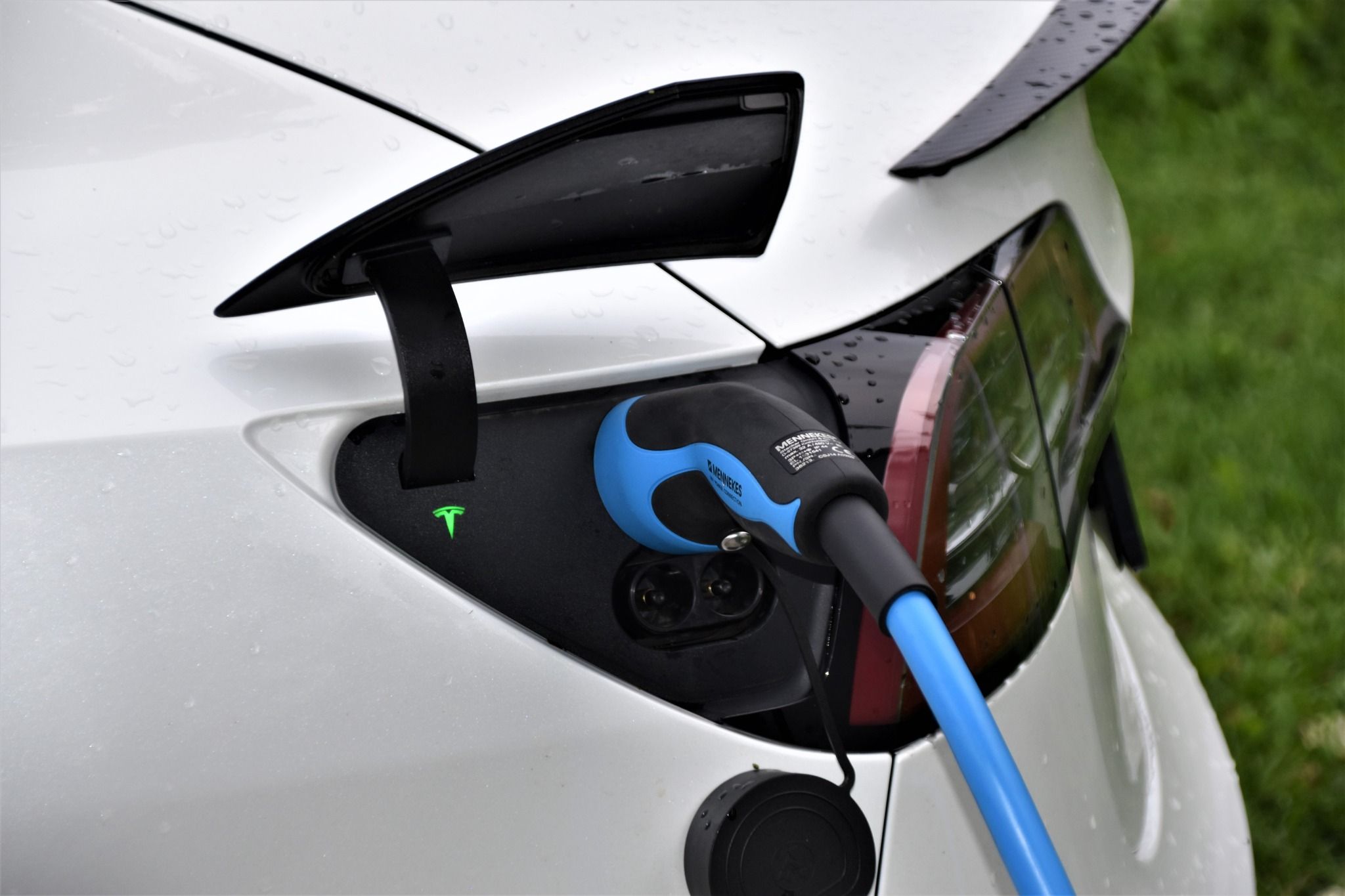What is road tax?
Road tax, also known as vehicle excise duty (VED) or 'car tax', is an annual fee that motorists pay on vehicles registered in the UK and driven on UK roads. Historically, the amount varies based on factors such as the engine size, fuel type, and type of vehicle.
Cars, specifically traditional petrol or diesel vehicles, are also taxed according to their emissions and their overall impact on the environment. The rise of electric vehicles has disrupted this tax policy structure due to their lack of tailpipe carbon emissions.
The purpose of road tax is to raise revenue for public road projects and maintenance. However, it also works to discourage people from driving vehicles that are overly polluting and switch to EVs or alternative fuel vehicles.
Have you checked when your road tax is due?
Does every driver in the UK pay road tax?
Not every driver pays road tax in the UK, there are a number of exemptions including:
- Disabled drivers and their passengers
- Historic vehicles over 40 years old, or vehicles used for historic racing or rallying
Similarly, there are cases where you can pay reduced standard rates of road tax, including if your vehicle produces low CO2 emissions or is used for business purposes.
Road tax is one of the main expenses associated with owning a car or motorbike in the UK. The current annual rates for traditional ICE cars are as follows:
- Diesel cars: £220 per year
- Petrol cars: £180 per year
- Alternative fuel cars (e.g. plug-in hybrid electric vehicles): £170 per year


So, are EVs tax exempt?
The question right now is yes! You do not have to pay road tax on your electric car...
...currently.
Until 2025, your EV’s road tax bill will be £0 as they produce zero emissions, and are more environmentally friendly to drive. This tax exemption on EVs was introduced by the UK government in 2017 to encourage drivers to switch to less carbon emitting electric vehicles.
The exemption was successful in this goal, increasing the number of EVs on UK roads 25 times, from 20,000 in 2017 to 500,000 in 2022.
From April 2025, however, all EV owners in the UK are set to pay road tax, just like any other vehicle, under a new system called the "zero-emission vehicle levy". Currently in the works from the UK government, the levy will tax EVs based on weight and range. The heavier an EV is - and the shorter its range - the more road tax it will pay.
Why charge tax based on vehicle weight?
At first, it may seem nonsensical to tax based on vehicle weight, but the zero emission factor of EVs has meant that the criteria must adapt, too. The idea behind heavier EVs being taxed more is down to them causing more damage to UK roads over time compared to lighter EVs. The levy will also fund the development of EV charging infrastructure.
Other EV exemptions
Road tax isn't the only exemption that electric car owners can enjoy. If you live in a bustling city like London, you'll be all too familiar with congestion charges and ULEZ (Ultra-low emission zone) fees that drivers have to pay to drive through the area.
Electric car drivers however, are exempt from these charges as they don't produce tailpipe emissions, something which congestion charges are designed to lower in order to tackle air pollution in busy city zones.
Business owners can also benefit from the perks of electric power and low-emission vehicles. If you're thinking of upgrading your business fleet of commercial vehicles from petrol or diesel models, then EVs come with a nifty perk called 'capital allowance' which offers businesses tax relief on investments. This means business owners can write off a larger portion of a vehicle's cost against their taxable profits.
Do hybrid vehicles pay road tax?
As noted above, hybrid vehicles - such as plug-in hybrids - are still subject to road tax, just like their traditional ICE counterparts. However, they do pay a reduced rate of road tax in comparison, based on their CO2 emissions.
It should be noted, too, that this discounted tax rate is set to be phased out at the same time the EV tax exemption comes into play, to further encourage people to make the switch to fully EV cars. This means that hybrid cars will pay the same amount as conventional petrol or diesel vehicles.

Thinking of switching to a cleaner vehicle?
If you want to make the step to becoming an electric vehicle driver, make life easier for yourself and sell your current car easily and for a great price with Sell 2 Swansway.
Part of the esteemed Swansway Motor Group, we’ve made selling your car easier and more convenient than ever before. With accurate quotes representative of current market trends, you’ll never get less than you deserve for your car.
So, for a 7-day guaranteed car valuation, hassle-free collection, and instant payment to your bank account once we’ve got your car, it’s never been a better time to sell your car with Sell 2 Swansway.
